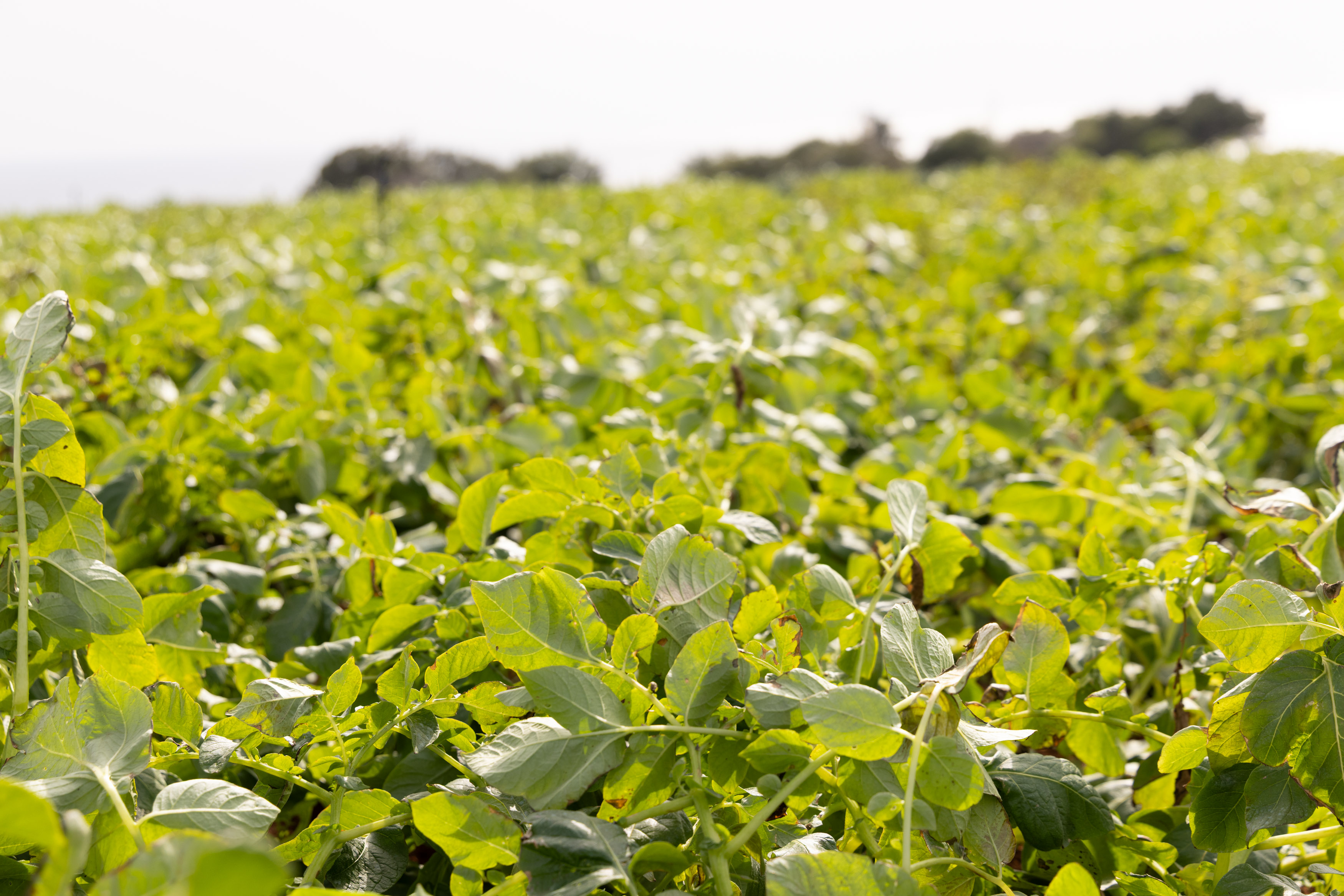Agriculture Minister Maria Panayiotou on Monday said that the Strategic Plan for the Common Agricultural Policy (CAP) 2023-2027, with a budget of more than €450 million for rural development, is central to efforts to create “a sustainable, competitive and future-proof primary sector”.
Speaking at a training day on ‘Smart agriculture in field crops’ at the University of Cyprus, she said that the initiative forms part of a broader series of trainings on smart agriculture scheduled for this year, in cooperation with the Agricultural University of Athens.
Further sessions will cover the application of smart technologies in greenhouses and livestock farming.
She stressed that smart agriculture provides the only viable answer to the dual challenge of producing more with fewer resources while remaining competitive in a context of water scarcity, rising costs, shrinking resources and increasingly demanding conditions in the field.
The minister explained that the event aimed to familiarise farmers with modern farm management methods as a response to growing global competition in the production and marketing of agricultural products.
She pointed out that weather conditions and the microclimate of each region are among the most critical factors for crop development and evolution, adding that understanding and monitoring these variables are essential for the sustainability of agricultural holdings.
At the same time, she said that economic and environmental pressures, as well as concerns over food adequacy and safety, demand new ways of managing farms that take account of the variability of crop, soil and microclimate characteristics both spatially and temporally.
Panayiotou described smart agriculture as a modern form of precision agriculture, allowing the application of new cultivation techniques and different levels of inputs across various areas of the field, particularly regarding water, nutrients and plant protection.
She explained that the simplest definition of precision agriculture is the application of the right input, in the right place, at the right time.
Tthe minister emphasised that smart agriculture relies on technologies such as remote sensing, GPS, robotics and drones to improve crop yields, enhance product quality, use agrochemicals more efficiently, save energy and protect soil and water from pollution.
While agricultural research has already introduced cutting-edge technologies into the primary sector, she acknowledged challenges in promoting and adopting these methods.
These include the cost of equipment, small landholdings, land fragmentation and the need to train farmers in using digital technologies.
Panayiotou said the ministry remains focused on supporting the agri-food sector, research and innovation, underlining that the strategic plan for the Common Agricultural Policy (CAP) 2023-2027 provides significant resources for rural development.
She mentioned that the plan’s modernisation component subsidises the use of agro-meteorological stations for irrigation and plant protection, smart water meters, robotic weed control systems, remote plant protection traps using artificial intelligence and intelligent sprayers equipped with speed sensors.
In addition, she said a new investment package worth €67.5 million will support large-scale agricultural projects of up to €400,000 per initiative, with additional grants of up to €600,000 for young farmers undertaking targeted actions.
She added that agriculture is changing and farmers and livestock breeders must have access to both financial resources and knowledge to adapt and remain competitive.
Panayiotou concluded by saying that producers, the government and the academic community, drawing on the Dutch model, will be able with technology, as a key tool, invest together in a more resilient, efficient and smarter agriculture.







Click here to change your cookie preferences